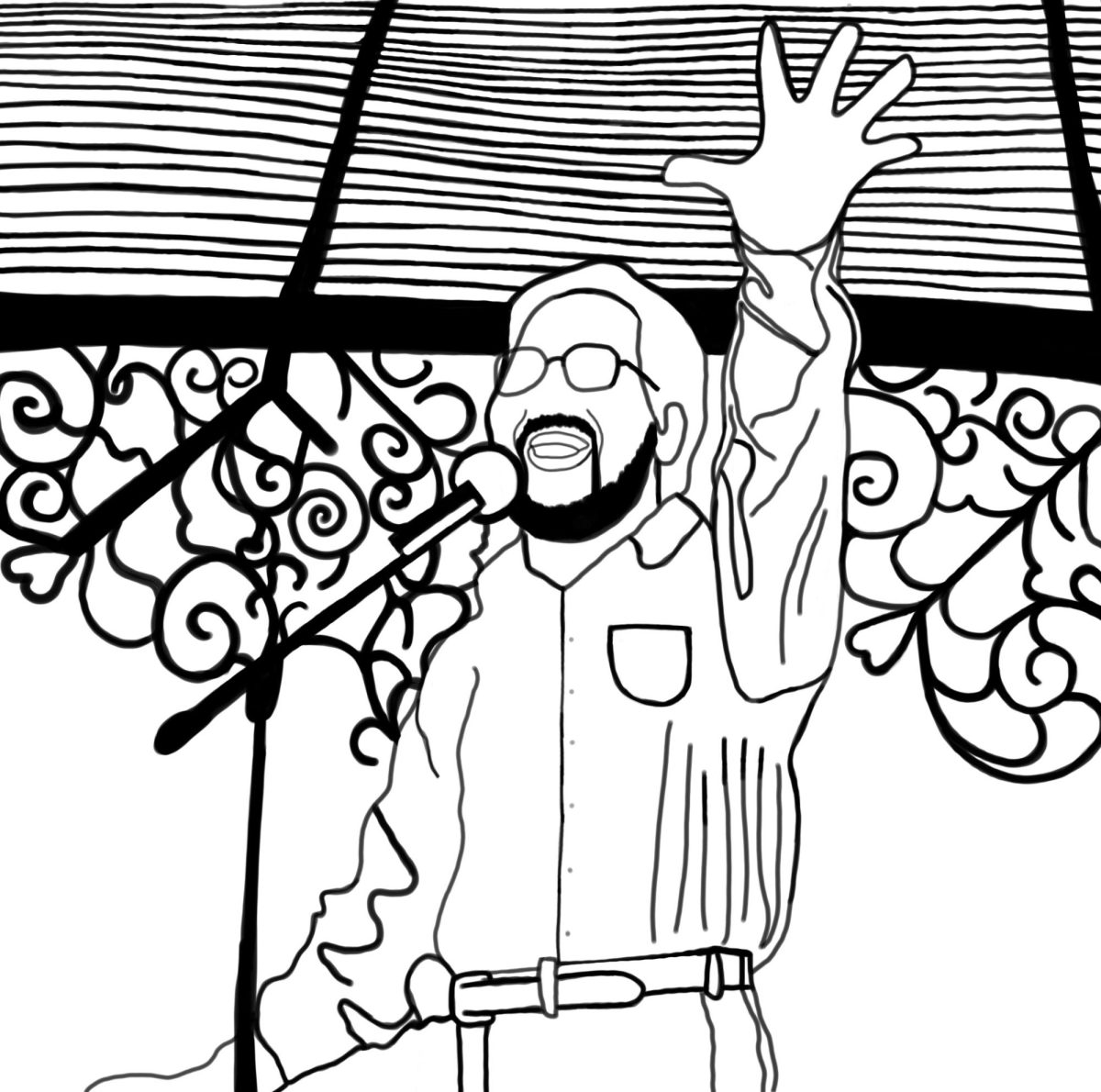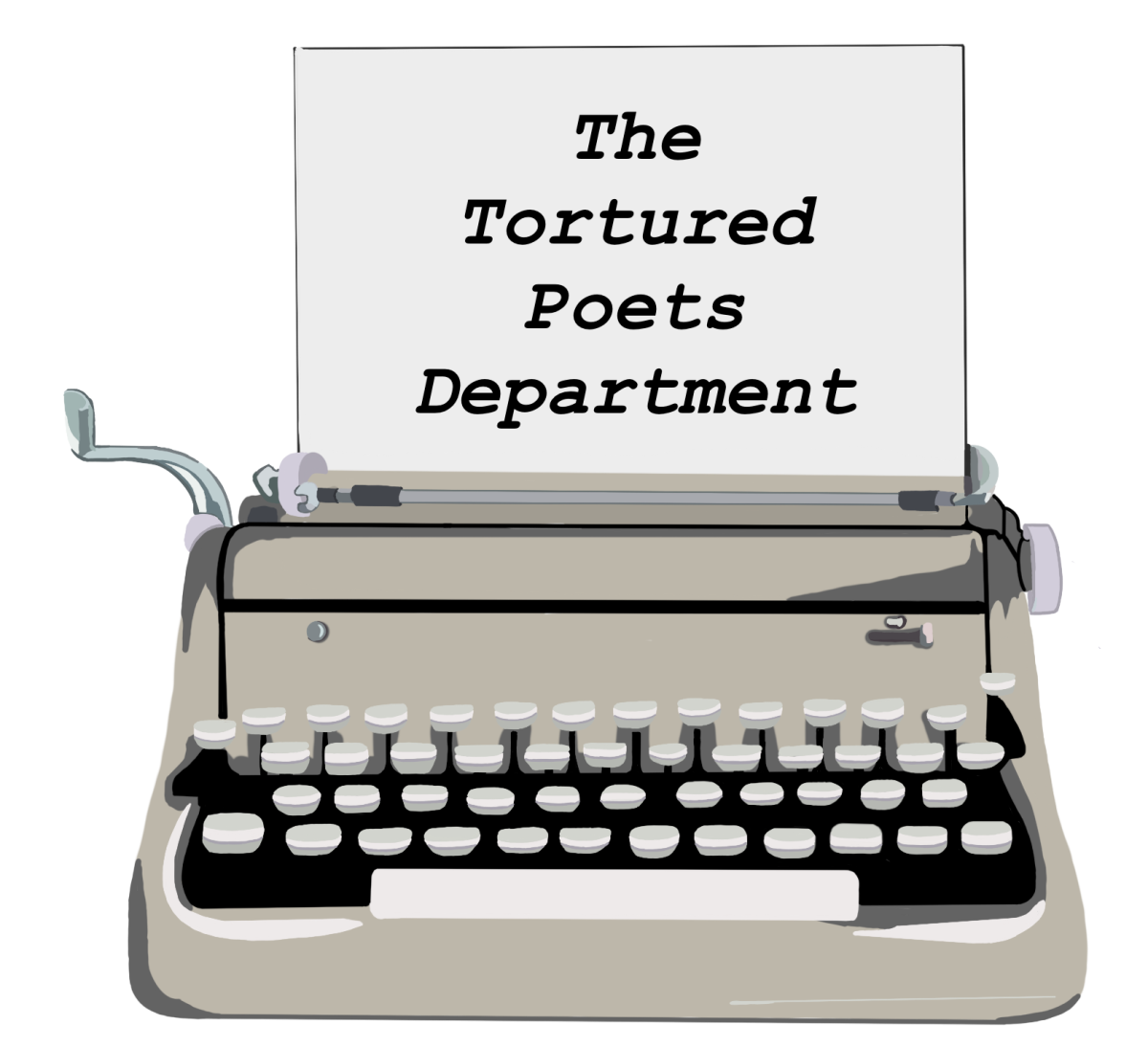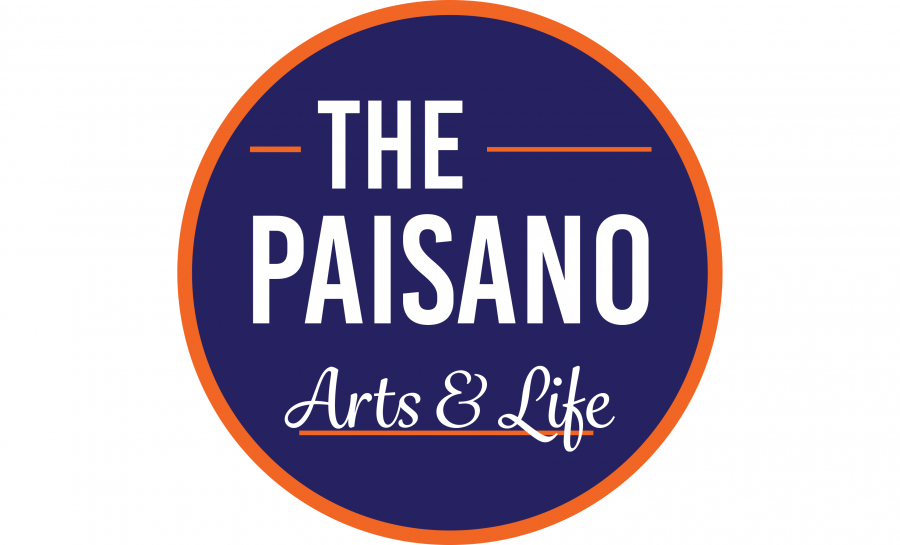After four months as San Antonio’s poet laureate (2023-2026), Chicano writer Nephtalí De León has been fired after publishing a poem that contained a Spanish word considered a derogatory term for Black people.
De León posted the poem on his Facebook page titled “Dr. Roberto ‘Cintli’ Rodriguez (Adiosito carnal)” on Aug. 1 in memory of Chicano activist, writer and former professor at the University of Arizona Roberto “Cintli” Rodriguez, who passed away the day before. The composition included not one but two words in Spanish that, in the context of Caló, the Chicano argot, are considered racial slurs. The first term was aimed toward White people and the second was directed towards people of African descent; however, most of the media attention and criticism focused on the inclusion of the latter.
The eulogy was quick to spark discussion and controversy. One of the first people to openly criticize De León’s tribute was Juan Tejeda, former Palo Alto College educator, musician and co-founder of the Guadalupe Arts Center’s Tejano Music Festival.
The Mexican-American studies professor remarked through social media that he liked the poem but questioned the then-poet laureate’s word choice. Tejeda hoped to “clarify the word’s etymology and meaning within Chicanx culture” and “begin a dialogue about this term and the implications of racism and anti-Blackness within the larger Chicanx/Latinx community.”
On Aug. 9, De León responded to Tejeda and apologized to anyone he had offended. He explained his interpretation of the word’s meaning and etymology, highlighting the experimental, spontaneous nature of Chicano expression, which he states is ever-evolving.
“To police our language too closely is to stifle our spontaneity and to dampen our creativity. But worse, it can easily lead to language genocide and even suicide,” De León stated regarding the continued backlash the poem received.
“To police our language too closely is to stifle our spontaneity and to dampen our creativity. But worse, it can easily lead to language genocide and even suicide,”
— De León stated regarding the continued backlash the poem received.
As the discussion gained traction, two letters urging the city to take action were sent to the Department of Arts & Culture, one by a group of writers and educators whose names are still undisclosed and another by former San Antonio and Texas poet laureates.
These two letters were later referenced by Mayor Ron Nirenberg in his public statement supporting the city’s decision, even though the signatories had requested the communications to be kept private.
The decision to terminate De León’s three-year contract followed soon after the Department of Arts & Culture released the following statement.
“The City of San Antonio’s Department of Arts & Culture is committed to championing policies and practices that empower a just, inclusive and equitable city, which aligns with the City of San Antonio’s mission statement and core values,” the department said. “The City of San Antonio’s Poet Laureate is to uphold these values, which include denouncing racism among other oppressive barriers while using creative poetic expressions to unite our community.”
Several personalities have since voiced their opinion of the city’s decision. Former San Antonio poet laureate Andrea “Vocab” Sanderson supported the department’s decision.
“We have to be above reproach with our words. They have power in every context. Our words have power,” she said.
Current Texas poet laureate Ire’ne Lara Silva and former San Antonio poet laureates Carmen Tafolla, Laurie Ann Guerrero, Jenny Browne and Octavio Quintanilla agree with the city’s decision.
After the decision was made public, discussions ensued on social media. Some users have voiced their concerns and declared the termination an act of censorship. Many have engaged in discussions surrounding the term’s meaning and the context within Caló. Others have applauded the decision and shared first-hand experiences where the word was used as a racial slur, advocating for removing the term from the poem.
The city has since announced plans to open nominations for a new poet laureate in November. The new poet laureate will be announced in April as part of the celebration of National Poetry Month and the San Antonio Book Festival.

























Juan Silva • Sep 5, 2023 at 3:04 pm
This article highlights the complexities of artistic expression and the consequences that can arise when words are taken out of context. Nephtalí De León’s poem sparked an important dialogue about language, culture, and the power of words. It’s crucial to foster dialogue and understanding rather than censorship, but we must also be mindful of how our words can impact others. San Antonio’s decision to uphold its values of inclusivity and denounce racism highlights the need to balance creativity with sensitivity to the diverse perspectives within the community.
Great work.